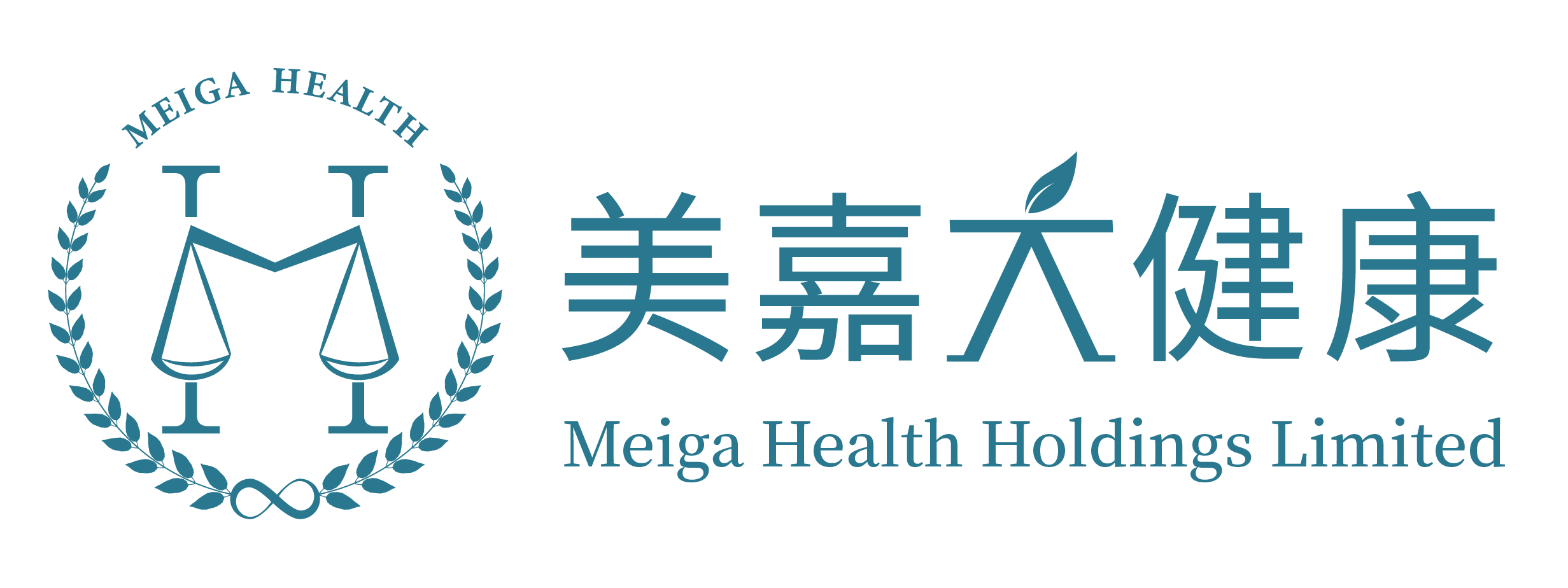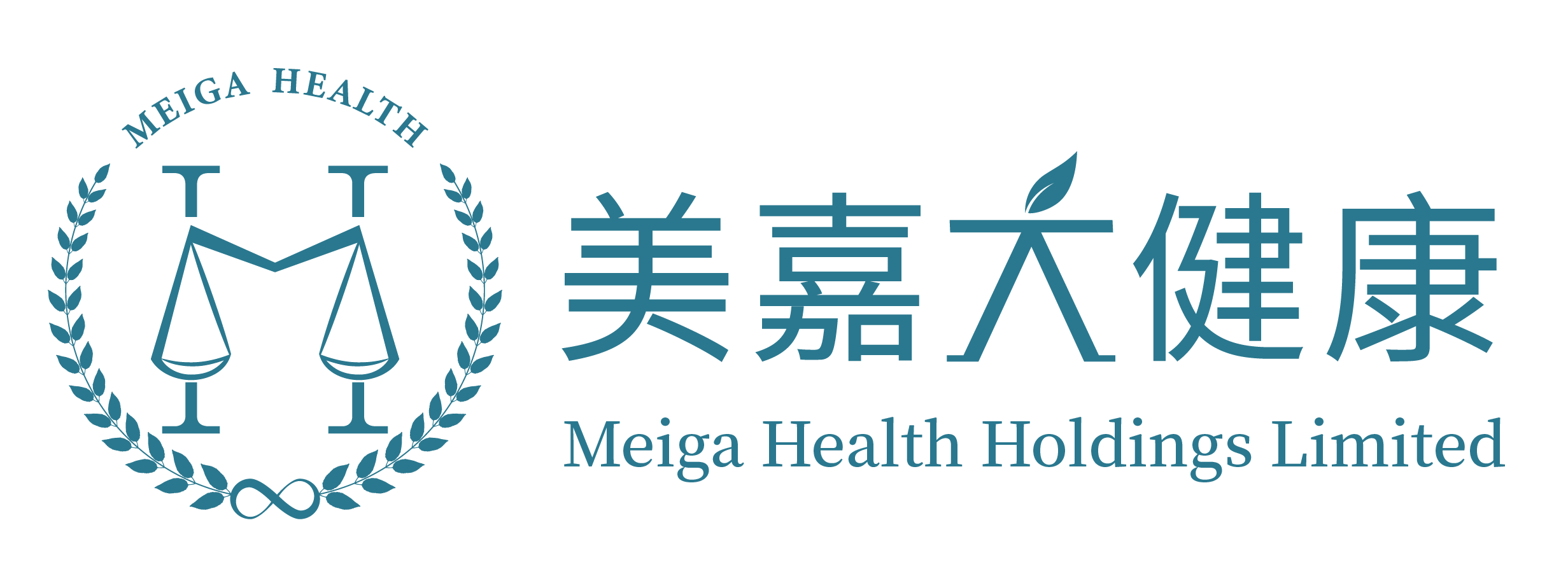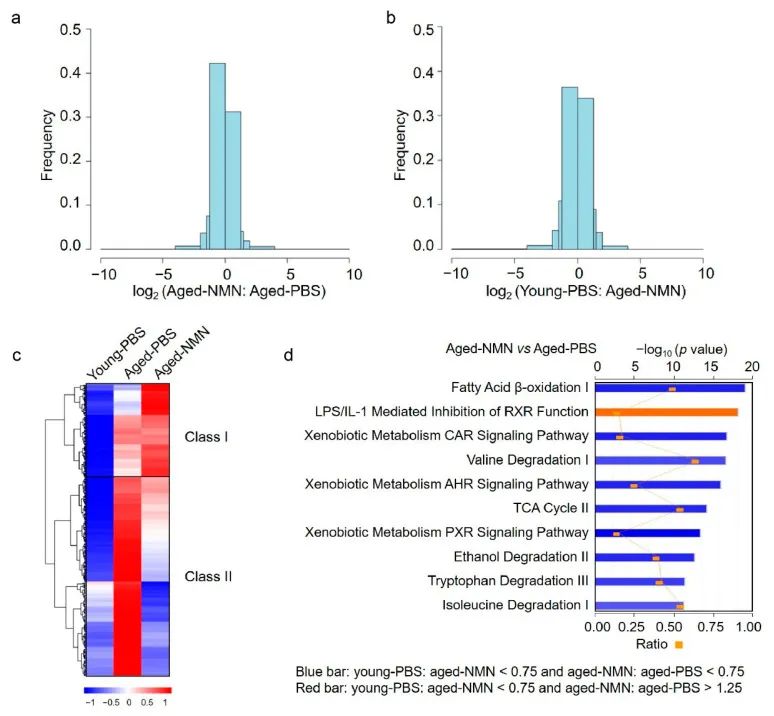Recently, the research team of Tsinghua University published the research results in Cells: NMN can improve the protein acetyl group in the liver of aged mice. In brief, there was an overall increase in aging-associated protein acetylation in aged livers, which was blocked by NMN in as little as 4 weeks.

What is protein acetylation?
Acetylation is a protein post-translational modification that can affect a protein's catalytic activity, stability, and ability to associate with other proteins or chromatin. Acetylation of proteins plays a crucial role in regulating the aging process and age-related diseases.
The protagonists involved in this regulation are sirtuins (also known as deacetylases), and the long-lived protein Sirtuins is a class of sirtuins, in which SIRT1 and SIRT3 play a major role in this regard. Since the expression of sirtuins depends on NAD+, many studies have confirmed that supplementing NAD+ precursor NMN can increase NAD+ levels and improve age-related physiological decline.

This study by Tsinghua University explored the anti-aging effect of NMN from the perspective of protein acetylation. The study compared the liver protein acetylation levels of 8-week-old young mice and 96-week-old old mice, and compared the situation of old mice after intraperitoneal injection of NMN.
It was found that NMN supplementation not only inhibited the aging-associated increase in protein acetylation, but also regulated fatty acid β-oxidation, tricarboxylic acid (TCA) cycle, and valine degradation. Protein acetylation was significantly enhanced in aged liver compared with young liver, and NMN decreased age-related protein acetylation.
Effects of NMN Treatment on Hepatic Acetamide
To systematically assess the effect of NMN treatment on hepatic acetamide, the relative intensities of acetylated peptides in aged PBS and aged NMN livers were compared.
Aged PBS had more hyperacetylated peptides than aged NMN livers, and the number of hyperacetylated peptides was similar between young and aged NMN livers. Quantitative proteome analysis identified 5587 proteins from aged PBS and aged NMN liver samples and showed that NMN treatment did not significantly affect protein expression levels.

These data demonstrate that aging leads to more hyperacetylated peptides and that NMN treatment prevented acetylation. In addition, NMN also reduced the acetylation of most of the 2647 peptides (class II) that exhibited age-related acetylation in the liver.
Overall, 553 proteins were associated with 1171 class II peptides whose acetylation levels were significantly reduced by NMN supplementation, and 266 proteins were assigned to 356 class I peptides whose acetylation increased after NMN treatment.
Most of the proteins exhibiting aging-associated increased acetylation were involved in fatty acid β-oxidation, probiotic metabolism, valine degradation, and the TCA cycle. Enzymes involved in the TCA cycle were also hyperacetylated in aged livers, and NMN treatment prevented age-related hyperacetylation without altering protein expression levels.

NMN reduces acetylation in aged liver
To investigate the function and mechanism of NMN, NMN (500 mg/kg body weight) or an equivalent amount of PBS was injected intraperitoneally every other day for 4 weeks. Protein acetylation, NAD+ and NADH levels, or NAD+/NADH ratio were significantly enhanced in aged liver compared with young liver, but NMN decreased age-related protein acetylation.
At the same time, we studied the effect of NMN western smoking on the acetylation of liver proteins in young mice, showed that NMN did not change the global acetylation of young mice, and showed that the effect of NMN on the acetylation of liver proteins was related to aging.
In addition, aged heart and lung proteins were also significantly acetylated compared with mice. However, NMN treatment did not globally reduce the acetylation intensity of heart and lung proteins. Interestingly, the rate of acetylation of the 25 kDa aged cardiac protein was higher after NMN treatment compared with PBS treatment. These data suggest that protein acetylation is associated with liver aging and that NMN reduces aging-associated hepatic protein acetylation.

NMN treatment inhibited senescence-associated increases in fatty acid β-oxidation, tricarboxylic acid (TCA) cycle, and valine-degraded proteins. In particular, NNT hyperacetylation at K70 was observed in aged livers, and NMN treatment reduced this acetylation without altering protein levels.
This study demonstrates that protein acetylation plays a key role in balancing redox homeostasis and energy metabolism during aging. NMN can treat aging-related acetylation to reduce aging-related dysfunction.
These junctions demonstrate the great potential of NMNs in combating aging and aging-related functional decline.
References: 1. https://pubmed.ncbi.nlm.nih.gov/35626691/
ENSONKAN NMN 200mg+PQQ is not only produced in Canada, but also produced by the largest local pharmaceutical factory. Through many processes such as customized formula and certified raw materials, it creates a high-quality product with great advantages.
high purity
The nicotinamide mononucleotide content of Anxunkang NMN is as high as 99.5%, which has been certified by an authoritative laboratory and represents the world's first-class scientific research level.
high content
The content of each Anxunkang NMN is as high as 200, while other brands on the market only have 75-100.
Excellent formula
Anxunkang NMN is composed of high-purity NMN+PQQ dual-effect factors, which can better protect the needs of the human body than single NMN. At the same time, all raw materials are tested according to the current USP (United States Pharmacopoeia) method to ensure the entire process of aseptic production and product quality safety .
fast absorption
The high concentration of Anxunkang NMN can be quickly absorbed within 15 minutes, which is more efficient than other brands containing complex ingredients.
safer
Anxunkang NMN adopts biological enzymatic digestion technology, which is easier to absorb than other chemically synthesized brands and does not hurt the stomach. The production specifications meet the US FDA standards, and it has cGMP, GMP, and HALAL certification issued by the Canadian Ministry of Health, which is reassuring.
Disclaimer: The contents of the pictures and texts are compiled from the Internet and do not represent the position of this platform;
If the content of the article involves copyright and other issues, please contact us in the background to delete it.




